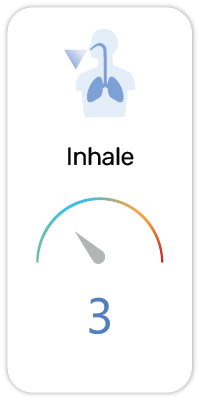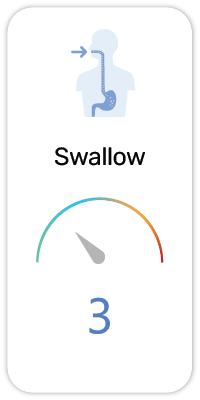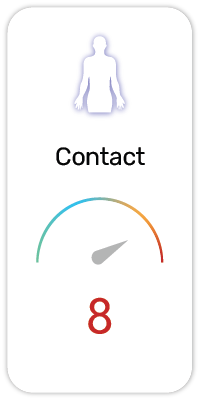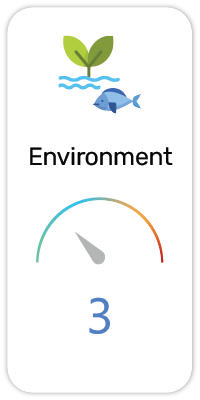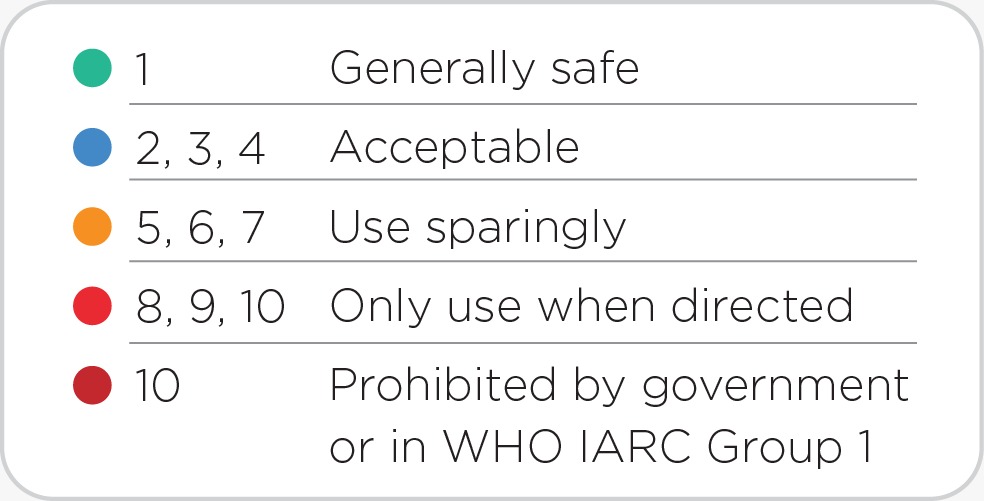Retinyl Acetate; Retinol Acetate(in 657 products)
Potential Risk Index®:
About:
Functions:
1. Dietary / Nutritional Supplement - Vitamins, minerals, proteins, fatty acids or probiotics that improves nutritional intake
2. Exfoliant - Removes dead cells at the surface of the skin
Retinyl Acetate is a naturally-occurring fatty acid ester form of retinol (vitamin A) with potential antineoplastic and chemopreventive activities. Retinyl acetate binds to and activates retinoid receptors, inducing cell differentiation and decreasing cell proliferation. This agent also inhibits carcinogen-induced neoplastic transformation in some cancer cell types and exhibits immunomodulatory properties. [1]
Scientific References:
1. PubChem: https://pubchem.ncbi.nlm.nih.gov/compound/638034
Regulatory References:
1. CANADA INGREDIENT HOTLIST, List of Ingredients that are Restricted for Use in Cosmetic Products [2019]
- Retinol and its esters
2. US FDA Generally Recognized As Safe (GRAS) Food Substances (21 CFR 184) [2017]
- §184.1930 Vitamin A
Safety and Hazards (UN GHS):
1. Causes skin irritation (H315)
2. May damage fertility or the unborn child (H360)
3. Suspected of damaging fertility or the unborn child (H361)
4. May cause long lasting harmful effects to aquatic life (H413)
Potential Health Concerns For:
1. Budd-Chiari Syndrome (PubMed ID:8583154)
Potential Health Benefits For:
1. Carcinoma, Squamous Cell (PubMed ID:429134)
2. Carcinoma, Transitional Cell (PubMed ID:429134)
3. Drug-Related Side Effects and Adverse Reactions (PubMed ID:6506766)
4. Stomach Neoplasms (PubMed ID:3131282)
User Comments:
Submit


